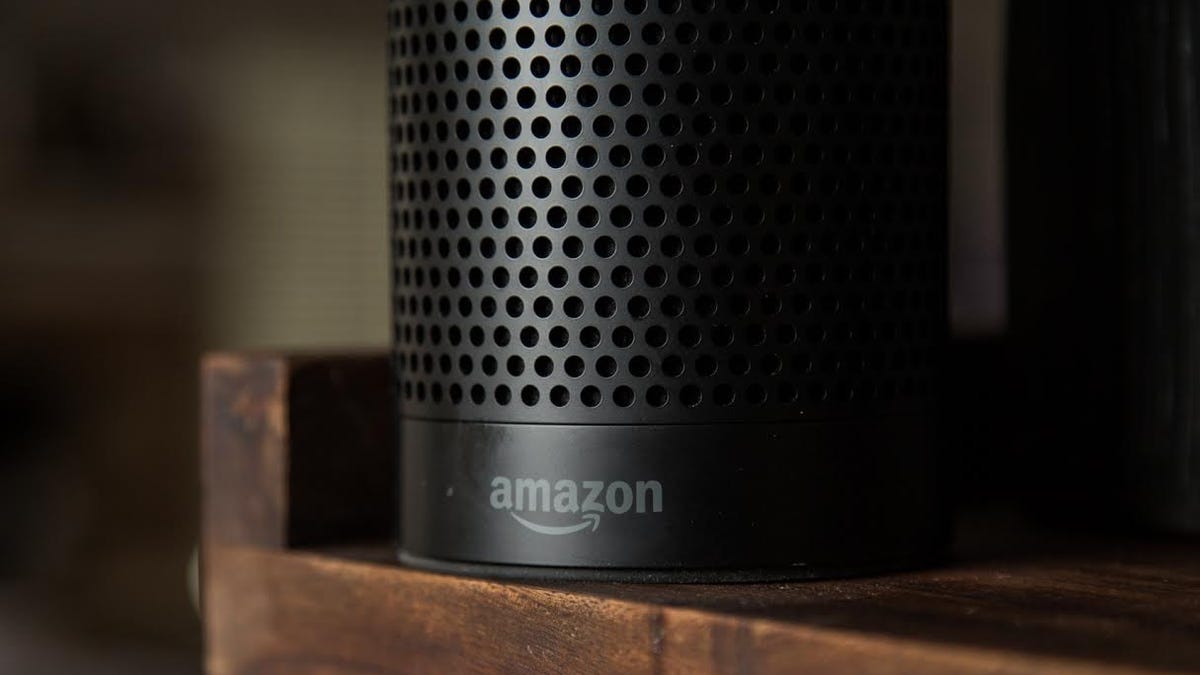Amazon argues Constitution protects your chats with Alexa
In a murder investigation, prosecutors want recordings from the suspect's Echo. Amazon says the First Amendment sets a high bar for getting that info.
Amazon says the First Amendment protects your conversations with Alexa.
"Such interactions may constitute expressive content that implicates privacy concerns and First Amendment protections," the company's lawyers wrote in a court filing Friday.
The legal filing addresses a warrant obtained by Benton County, Arkansas, investigators for any recordings gathered by an Alexa-powered Echo device that was in the home of a homicide suspect in 2015. Investigators say the recordings could provide clues to help them investigate the death of Victor Collins, who was found dead in the hot tub of James Bates in Bentonville. Bates has been charged with first-degree murder and released on bail.
Amazon only partially fulfilled the warrants' requests in February 2016, declining to hand over recordings from the device, the company wrote in its brief.
The First Amendment doesn't just protect users' queries to Alexa, which can field questions about news, weather and shopping, among other things; it also protects Alexa's responses, Amazon argued in the brief.
That's because courts in the past have found that the results of web browser searches are protected by the Constitution -- and Alexa is essentially a voice-activated web browser.
All this doesn't mean Amazon will never hand over the recordings. The company argues that investigators need to show they have a heightened need for the recordings and that they are relevant to the investigation. If a judge agrees with Amazon, investigators will have to work a little harder to get a new warrant.
The office of the Benton County Prosecuting Attorney didn't immediately respond to a request for comment.
Virtual reality 101: CNET tells you everything you need to know about VR.
Tech Enabled: CNET chronicles tech's role in providing new kinds of accessibility.


